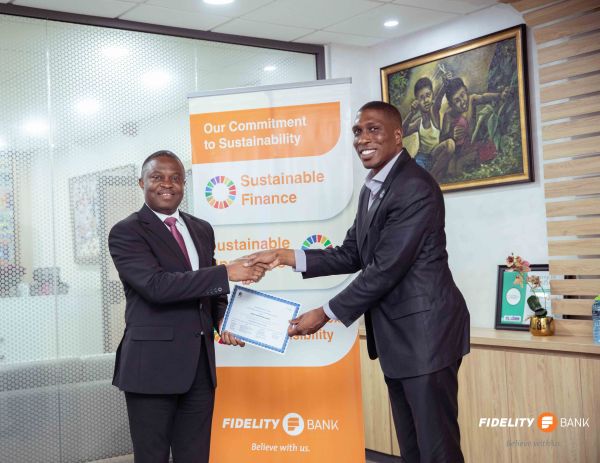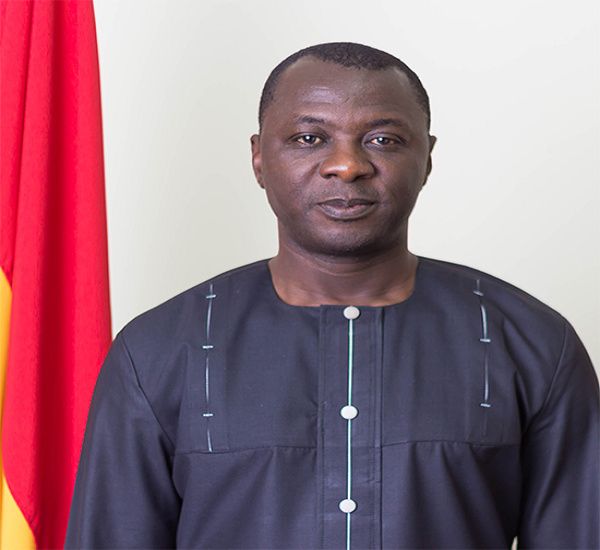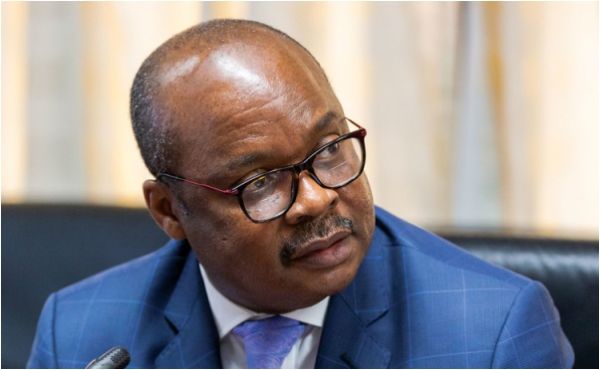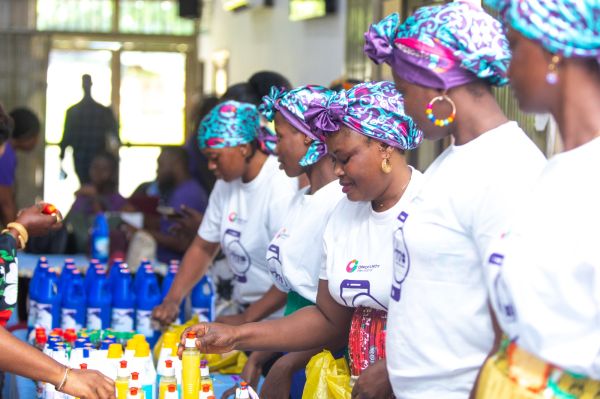
The Bank of Ghana (BoG) has issued a policy to promote and guide the development and use of crowdfunding products and services.
The policy seeks to ensure that crowdfunding services complied with data protection and customer privacy regulations, good governance and accountability, relevant Anti-Money Laundering and Combating the Financing of Terrorism norms, liquidation procedures and the protection of contributors’ interest.
A statement issued by BoG in Accra on Friday and signed by its Secretary, Ms Sandra Thompson, said under the policy, the general public was to access crowdfunding products provided by regulated entities, for their donation needs, for improved disclosure, transparency and accountability.
Locally known as “susu”, “nnoboa” or “ntoboa”, crowdfunding involves the collection of funds, usually in small amounts from individuals, to support projects or causes and has been traditionally employed by families, groups or communities to mobilise money to meet the needs of their members.
BoG indicated that policy was in line with its commitment to promote the modernisation of the banking industry, in a manner that meet the needs of diverse groups of people, so as to promote financial inclusion.
The BoG explained that market women, farmers, fishmongers, traders, among other groups, had used crowdfunding as an instrument in the mobilisation of critical funds to meet the pressing needs of members to raise capital for businesses, payment of medical bills, funeral contributions and children’s education.
“With the introduction of mobile money, associations and corporate entities have found crowdfunding to be an efficient channel for collecting donations and for raising funds. Mobile money platforms have been used to raise funds for old student association contributions, development contributions, funeral donations and donations towards medical expenses of vulnerable persons,” BoG said.
It said the development signaled the potential of digital platforms in transforming the traditional crowdfunding model to enhance its contribution to the implementation of the National Financial Inclusion Strategy and the Digital Financial Services Policy objectives of the country.
Within the last ten years, BoG indicated a number of laws had been passed and directives issued to position the financial sector to leverage digital technology for inclusive growth.
Among the laws, BoG mentioned were the Payment Systems and Services Act 2019 (Act 987), the Data Protection Act 2012 (Act 843), Banks and Specialised Deposit Taking Institutions Act, 2016 (Act 930), the Securities Industry Act, 2016 (Act 929) and the Cybersecurity Act 2020, stressing that collectively those laws “provide the legal basis for digital delivery of crowdfunding products and services on which Bank of Ghana’s crowdfunding policy is anchored.”
BoG explained that the models of crowdfunding currently permitted under Bank of Ghana’s policy were donation-based and reward-based crowdfunding, which entailed the collection, holding and disbursement of funds, and were available to banks, Specialised Deposit-Taking Institutions (SDIs), Dedicated Electronic Money Issuers (DEMIs) and Enhanced Payment Service Providers (EPSPs).
In the case of DEMIs, BoG indicated that merchant wallets must be created and dedicated to the collection of donations and EPSPs would require the support of a bank or SDI to fully deliver the service since they did not issue electronic wallets or accounts to their customers.
BoG disclosed that there were other variants of crowdfunding such as Debt (or Peer-to-Peer lending) and Equity models which dealt with securities and loans and leverage payment platform for the collection and disbursement of funds.
“By their nature, they fall within both the regulatory jurisdiction of the Bank of Ghana and the Securities and Exchange Commission (SEC) and the Bank of Ghana will collaborate with SEC to prevent possible regulatory arbitrage and to strengthen the stability of the financial system,” it said.











